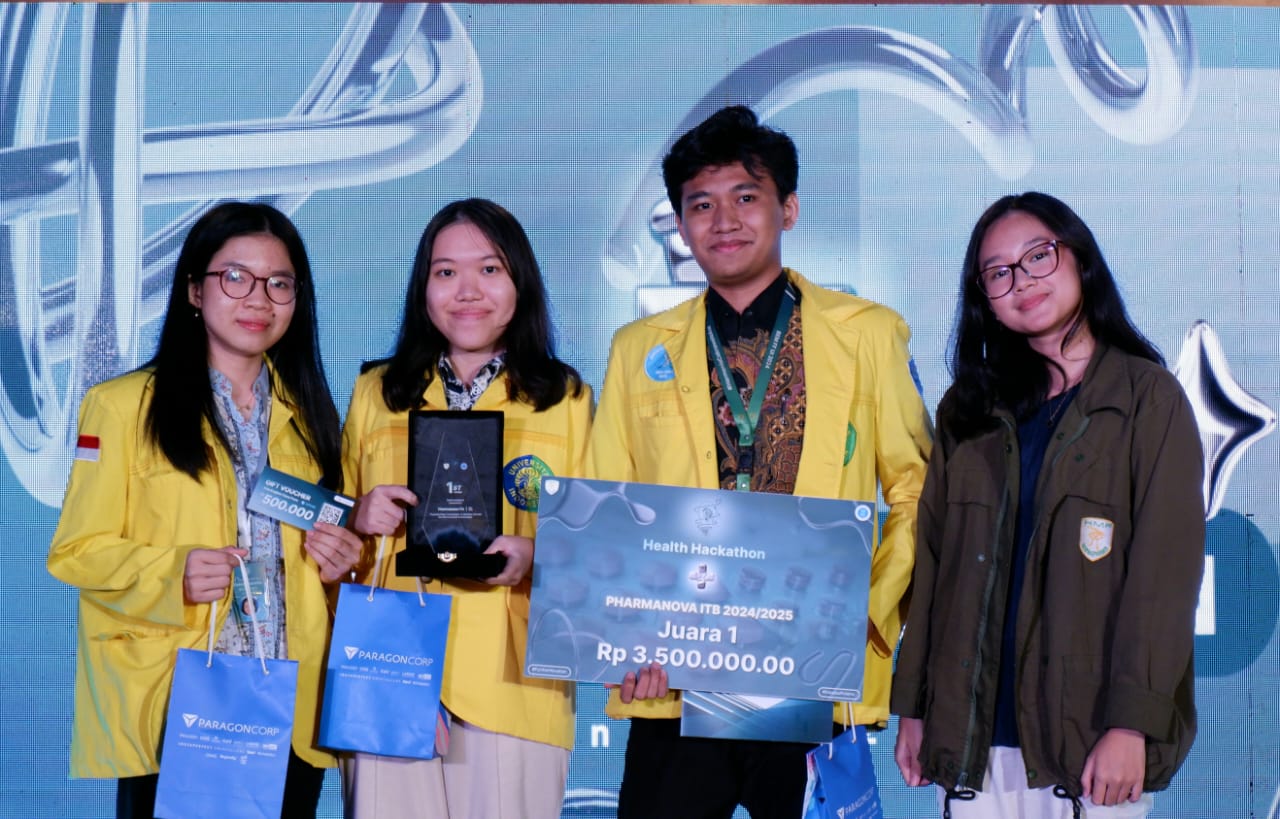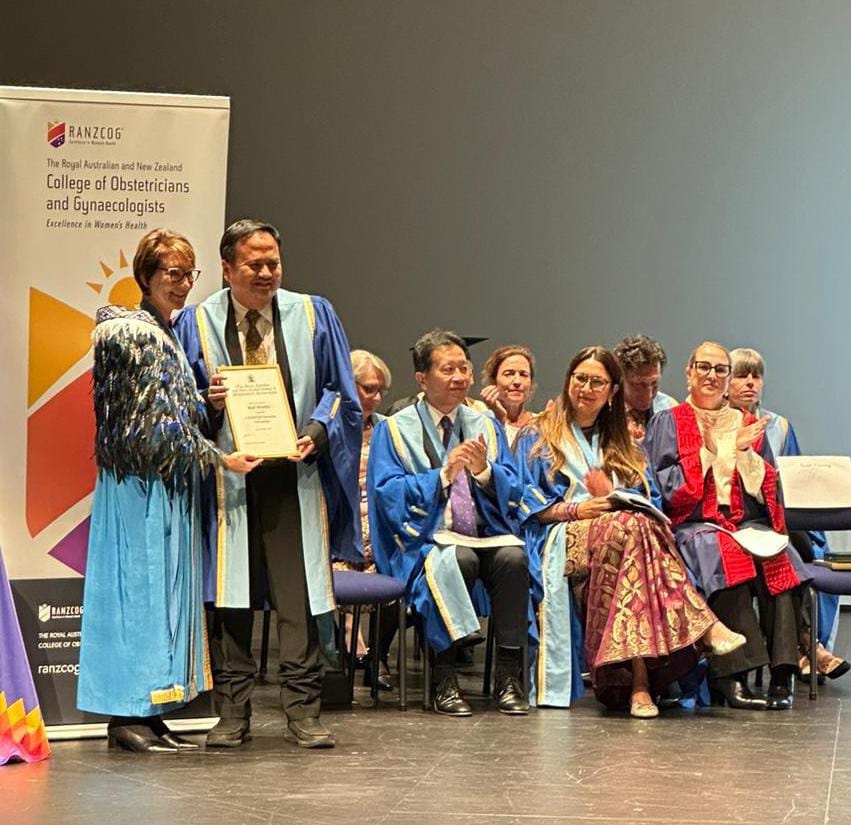Depok, August 2nd 2023. In various border areas, political, defense, security, economic and socio-cultural problems often arise with neighboring countries that have a direct border. One of them is after the 2005 Provisional Agreement concerning the land boundaries of Indonesia and Timor Leste, which left 4% of land border issues that had not been fully resolved (unresolved segment), including the Naktuka segment. The two countries maintain mutual territorial boundary claims based on their respective geopolitical visions regarding governance and control of access to the Naktuka region.
This empirical phenomenon became the basis for the emergence of research questions conducted by Indriana Kartini in her dissertation entitled “Differences in Geopolitical Visions of the Land Borders of Indonesia and Timor Leste in the Naktuka (Noel Besi-Citrana) Segment (2019-2022)”. This research questions the differences in geopolitical vision between the governments of Indonesia and Timor Leste. Apart from that, to see the differences in the geopolitical vision of the community and the government and their implications for the process of determining the land boundaries of Indonesia and Timor Leste in the Naktuka segment.
From research conducted by Indriana, it was found that the differences in the geopolitical visions of the governments of Indonesia and Timor Leste and the differences in the geopolitical visions of the community and the government, have implications for the process of determining land boundaries in the Naktuka segment which is prolonged and has not yet produced a final solution, resulting in territorial boundary disputes and social conflicts between border communities.
This is based on several findings obtained during research, one of which is that there is a protracted and prolonged process of determining regional boundaries resulting in territorial boundary disputes and social conflicts in border areas. The territorial boundary dispute that occurred was in the form of mutual claims to the Naktuka region between the governments of Indonesia and Timor Leste as their respective territories, based on the two governments’ different geopolitical visions. The problem became more complex when the Timor Leste government did not comply with the results of the 2019 regional boundary agreement which divided the Naktuka area into equal portions using a simple median line approach. They proposed the option of dividing the Naktuka region with a larger portion for Timor Leste which was rejected by the Indonesian government.
Seeing that the issue of determining land boundaries in the Naktuka segment had not yet reached a final solution, Indriana offered a solution so that the Naktuka area would be made into a joint zone, jointly managed by the people of both countries, both the Amfoang (Indonesia) and Ambenu (Timor Leste) communities. This is so that there will no longer be unilateral control of access to the Naktuka area by Timor Leste. Apart from that, Indriana also said that the governments of Indonesia and Timor Leste should pay attention to the geopolitical landscape of the community and pay more attention to the aspirations/interests of the community in the process of negotiating national boundaries.
Indriana Kartini succeeded in obtaining a Doctorate in Political Science at an open session held by the Faculty of Social and Political Sciences (FISIP) Universitas Indonesia (UI), Monday (25/7). The doctoral promotion session was chaired by Prof. Dr. Semiarto Aji Purwanto and promoter Dr. Phil. Aditya Perdana, M.Si and co-promoter, Meidi Kosandi S.IP., M.A., Ph.D. The board of examiners consists of Prof. Dr. Ermaya Suradinata, S.H., M.H., M.S., Prof. (Research) Dr. Firman Noor, M.A., Drs. Julian Aldrin Pasha, M.A., Ph.D., and Dr. Phil. Panji Anugrah Permana, S.IP., M.Si.



